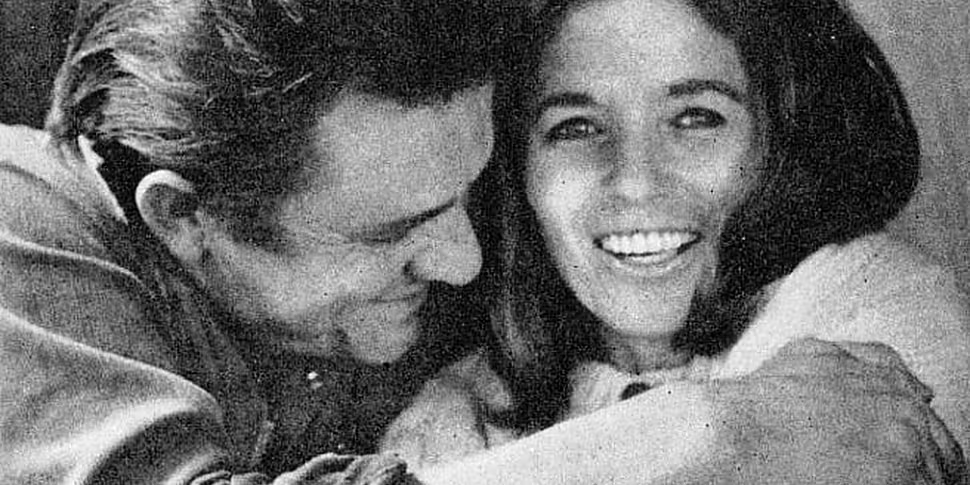Few figures stand as tall in the American music scene as Johnny Cash. An icon of Americana, his gravelly baritone carved a future for country music when interest in the genre began to wain in the '90s. Yet Johnny Cash wasn't always such a shining star and the strength of his legacy belie the highs and lows of his career.
One of seven children born into a hard working Arkansas family, Cash's early life was filled with labour, sorrow, and music. At just five years old he went to work picking cotton alongside the rest of his family. Tough, tedious, and painful work cotton pickers often turned to song to keep their spirits high in the hot southern sun, and the Cashs were no different.
This exposure to song continued in the home where Cash's mother would "[beat] time on the old Sears-Roebuck guitar, singing What Would You Give In Exchange For Your Soul". It wasn't until he was deployed to West Germany that Cash began his own musical awakening; teaching himself guitar and penning songs during long bouts of boredom.
Back on American soil this interest grew into a career as Cash, and his band, joined the swelling wave of western and folk artists. Performing amid a menagerie cast of reserved and manic performers, Cash made a name for himself with his deep steady sound and outlaw image. This image as 'The Man in Black' proved incredibly popular during the rebellious '60s and Cash found himself the author of a number of hits.
Yet even as his star rose so too did Cash's troubles and he found himself struggling with growing substance abuse issues and a number of arrests. Even after he seemed to find solace and success, marrying June Carter and getting clean for the first time in '68, there was still a hard rode ahead for Cash.
Western music began to fall out of style in the '70s, and by the '80s there was little interest in this aged genre and its iconic figures. Cash, and so many of his contemporaries, found themselves drifting away and becoming increasingly irrelevant. An unlikely pairing would change all of this when famed metal and hip-hop producer Rick Ruben invited Cash to join his label, American Records.
Cash agreed to a low-key show where he would perform a number of stripped back modern songs, just him and his guitar. Sitting alone on the stage at the end of his set Cash found himself before an enraptured audience. Encouraged by his wife to play some of his own old material, Cash continued his performance, which ended to rapturous applause from a room full of young people.
Johnny Cash would go on to record materiel for six hugely successful American albums with Rick Ruben, the last two released posthumously. This resurgence, along with the release of Cash: The Autobiography and the film I Walk the Line, catapulted Cash back into the popular imagination.
An amazing singer and songwriter, his emotional performances of other artists' work practically made them his own. Today he is regarded as a giant of American music and an icon for many thanks to his rebellious streak and outspoken support for marginalised groups, such as Native Americans and US prisoners.
But how should Cash be remembered? What was it that made him so appealing? And would he be remembered without the intervention of Rick Rubin?
Join Patrick as he talks with a panel of experts about the life, music, and legacy of Johnny Cash.









